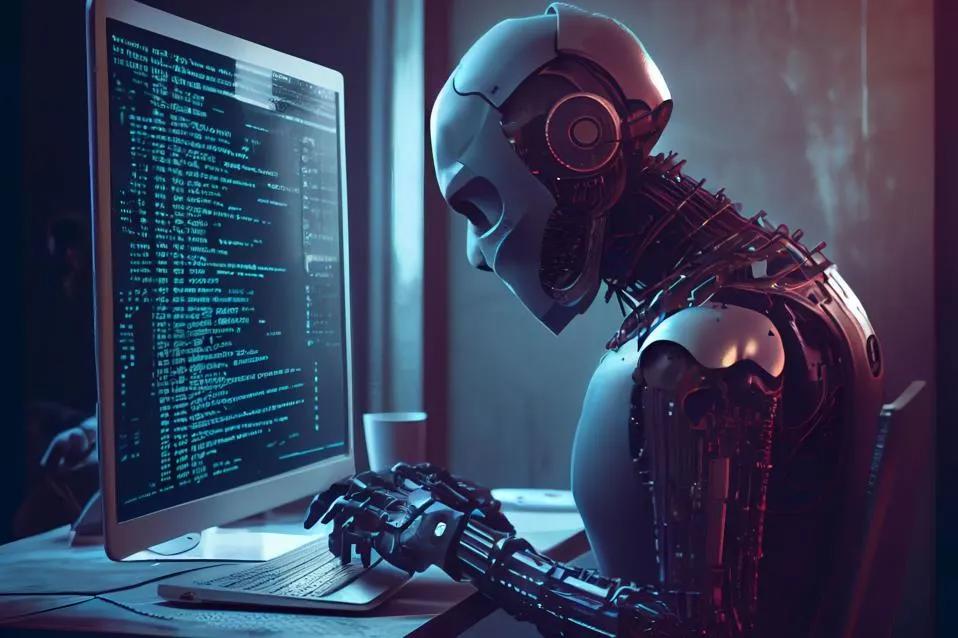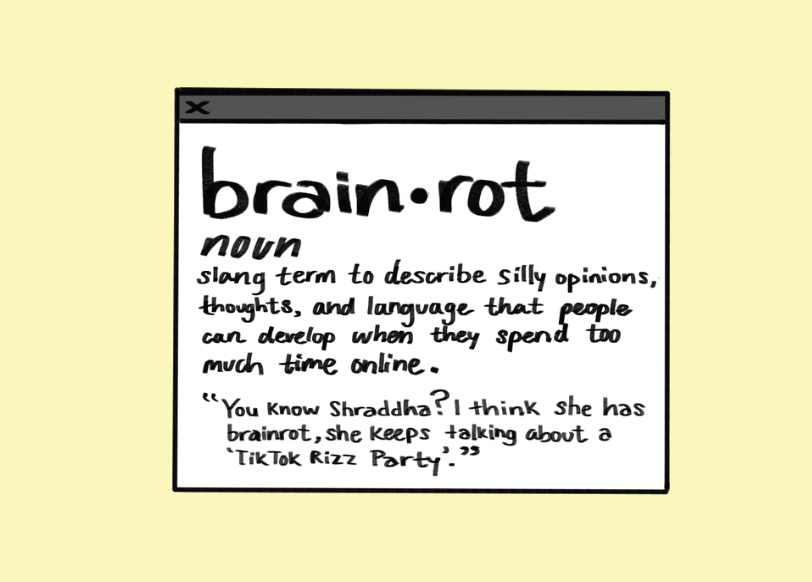The role of AI in modern society is constantly changing and expanding. This has led to the development of various fears and consequently, myths surrounding it as well. Some of these rumors can be harmful since it is essential to understand this technology as society develops.
One common misconception is that AI is capable of replacing jobs, and even humans in general. The main reason that this will never happen is because AI lacks emotion, ethics, free will and creativity. Although it can have the facade of possessing these traits, it is nothing more than that: a facade. According to the Government Accountability Office, it is probable that AI’s imitation of these concepts will continue to improve as it continues to develop, but ultimately, it runs on algorithms, which are far simpler than how the human brain functions. Even if AI is capable of having a conscience at some point, that future is so far out of reach that it is not worth currently considering.
Another myth surrounding artificial intelligence is that it will replace all human jobs. This is unrealistic because there are many tasks and occupations that rely heavily on human connection and creativity, such as being a therapist or author. Aryen Palkar, a member of the machine learning club, comments on this theoretical concept.
“I feel like AI cannot give the friendly sensation,” Palkar said. “You shouldn’t be replacing every job, you should be thinking like which [if it] is more customer support related, then it should be like an actual human being doing it.”
People require human interaction, and those who are starved of it end up suffering. To replace human jobs entirely with AI would result in a deep depression and ultimately kill a large part of human life: social interaction. Although it is likely to replace humans in jobs that are not dependent on human input, it will also create many new jobs in the process, as well as elevate human functionality. Most likely, it will be used as a tool in many jobs, but for it to replace all human occupations is simply unfeasible.
On the other hand, some people tend to overlook all potential issues with AI. Co-president of the machine learning club, Ritik Jalisargi, commented on recent AI developments.
“For example [a newer] scamming method is you just send out a bunch of emails to old people, right?” Jalisargi said. “But now what they’re doing is they’re using AI to generate a deeper conversation with the old people.”
According to Jalisargi, the use of AI in these scams also allows for automation in this scam, which makes it much easier to spread. This kind of scam being so prevalent can be detrimental to the elderly since they did not grow up in the age of technology that we live in today.
Artificial intelligence is fascinating, and still in its infancy. Being aware of its power is essential in understanding it and realizing its limitations is equally important. It certainly will not be taking over the world any time soon, but make sure to keep an eye out for the danger it could cause.




















